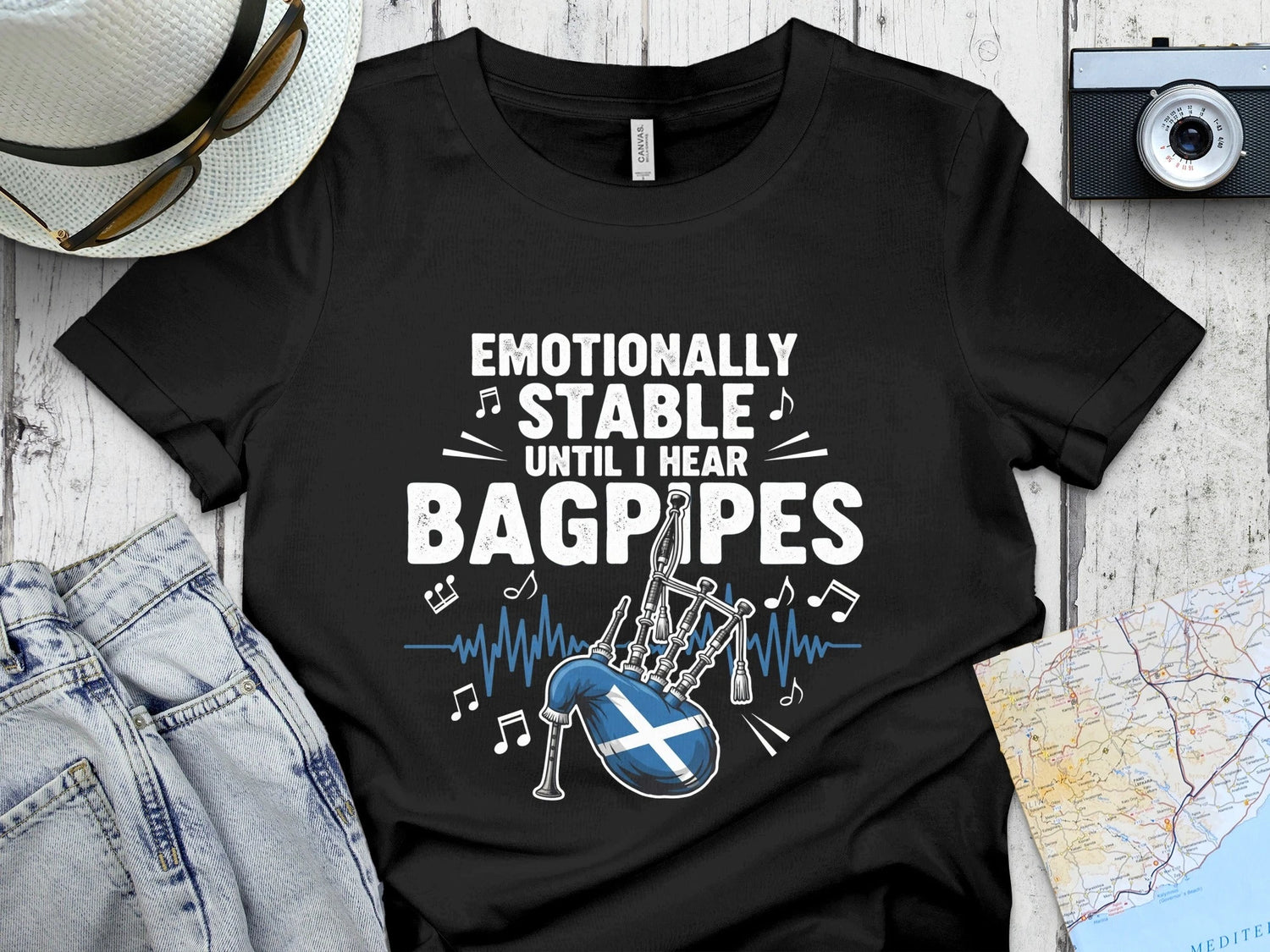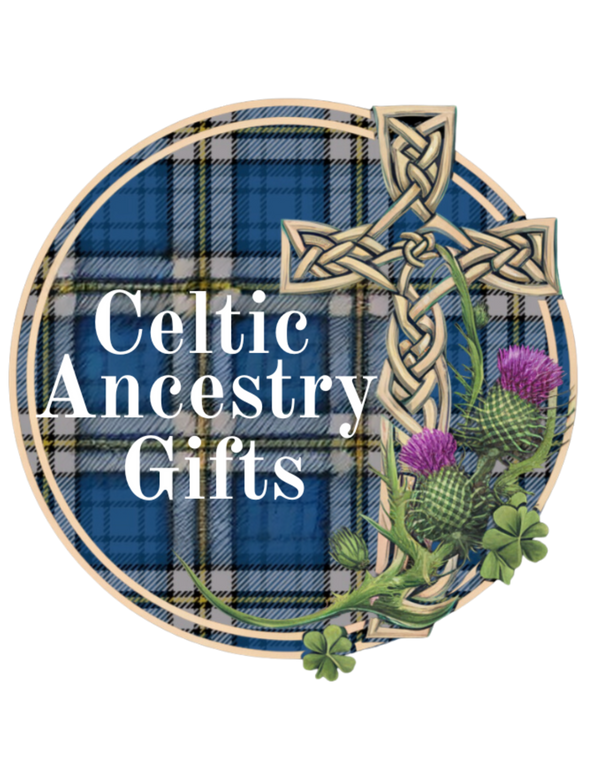
The Butcher Name — From Trade to Irish Hearth
Share
1️⃣ Introduction
In a world where names often whisper the stories of our ancestors, Butcher may at first seem plainly occupational — a name assigned to someone who worked with meat, slaughter, and provision. Yet within that simplicity lies a deeper tapestry: the Butcher name threads through Anglo-Norman migration, Gaelic adoption, and Irish parish records. For those in Ireland bearing the name Butcher, this is a story of craft, adaptation, and rooted belonging.
To carry the name Butcher is to carry the echo of skill and community — the butcher was one of the essential trades in every medieval town and village, trusted with livelihood and sustenance. Over centuries, that role became a surname, and in Ireland it found a home, transformed by language, region, and time.
Let us journey through the origins, variations, regional ties, and modern presence of the Butcher name in Ireland, weaving together myth, record, and heritage.
2️⃣ History & Origins
Occupation as Name
The surname Butcher is first and foremost an occupational surname. In medieval England, the word “butcher” (Middle English boucher, / *bocher / bouchier) referred to the person who slaughtered animals and sold meat. This trade was vital to the life of any settlement, making Butcher a surname that carried both steadiness and importance.
Many surnames in the British Isles began in just this manner — a person’s profession became the marker that descendants carried forward. Over time, Butcher ceased merely being descriptive and became hereditary.
Anglo-Norman and English Roots
The name Butcher also carries a Norman echo. The Old French bouchier influenced the English form, especially after the Norman Conquest and during the blending of French, Anglo-Norman, and Middle English tongues. Thus, some families bearing Butcher may have Norman affinity, or at least linguistic influence, in their deeper roots.
In England, the name established itself early, particularly in counties whose medieval markets required meat tradesmen. Over generations, branches of Butcher families moved, intermarried, and sometimes settled in border areas and across the Irish Sea.
Arrival into Ireland & Gaelic Adaptation
In Ireland, the surname Butcher appears in early records brought by Anglo-Norman and English settlers. Over time, Gaelic speakers adapted it in the Irish language, giving rise to forms like Búiséir (or earlier Búistéir) in Gaelic, which correspond to English Butcher. This Gaelic version appears in older Irish name collections as a rendering of “le Boucher.”
Occasionally, families spelled or pronounced it with sh rather than ch — older families used forms such as Busher. These variants suggest transitions in dialect and orthography.
Some of the earliest Butcher (or Búiséir) families settled in the counties of Kilkenny, Carlow, and Wexford — regions with substantial Anglo-Norman penetration in the 13th and 14th centuries. These lands offered opportunity for those in trade and crafts, and the Butcher surname planted roots there.
Thus, the Butcher name in Ireland is both transplanted and transformed — imported in language, but made Irish in spirit and practice.
3️⃣ Spelling Variations & Connected Names
Because names evolved by sound, dialect, and the hand of parish scribes, Butcher manifests in many variant forms. When tracing your lineage, it is wise to search for variations such as:
-
Butcher
-
Butchers (with final “s”)
-
Busher
-
Busher
-
Bowsher
-
Boucher (French form)
-
Búiséir (Irish Gaelic form)
-
Búistéir
Older records sometimes write Bus(h)er or Bushe — particularly in Gaelic-influenced registers. In some counties, Busher was used interchangeably with Butcher, depending on phonetic rendering by scribes.
Because Butcher derives from the trade of meat — slaughtering and selling — it may sometimes overlap in meaning with other occupational surnames or nicknames of those who handled meat, but genealogical evidence usually separates Butcher from, say, names like “Flesher” or “Meatsmith.” Still, in border parishes and mixed language areas, you may find unexpected overlaps or mis-spellings.
In Irish genealogical records, you may find Butcher rendered as Búiséir in Gaelic contexts or in older church documents. It’s always prudent to check both English and Gaelic forms when looking at early registers.
4️⃣ Landmarks & Regions Associated with Butcher
The Anglo-Norman Strongholds: Kilkenny, Carlow, Wexford
Some of the earliest evidence for the Butcher name in Ireland is located in Kilkenny, Carlow, and Wexford. These counties had strong Anglo-Norman presence, with castles, manors, and markets — environments in which skilled tradesmen like butchers would be in demand.
In those counties, the Butcher name appears in lease records, parish registers, and civic documents. Families often lived near market towns or castle towns, where the supply of meat for garrisons, noble households, and townsfolk created stable opportunities.
Over time weaker lines may have drifted inland; some moved northward with changing political forces and economic opportunities.
Irish Gaelic Names Collections
In old Irish name-collections and surname dictionaries, the Gaelic Búiséir (or Búistéir) is listed under “Irish names” as the Gaelic form of Butcher, showing how the name was assimilated into Irish patronyms, especially in counties influenced by English settlement. This Gaelic form keeps alive the legacy of the name in Gaelic-speaking contexts, even where families later reverted to the English spelling.
Notable Figures & Clergy
One of the most prominent Irish individuals bearing the name was Samuel Butcher, born in County Kilkenny, who became an Anglican bishop in the Church of Ireland in the 19th century. His life reflects the intertwining of Anglo-Irish society, religion, and scholarship.
His family connections also extended into legal, political, and academic spheres, and his lineage left a mark on Irish ecclesiastical history.
Additionally, a Royal Navy officer named Samuel Butcher settled in Cork later in life, dying there. His presence shows how the name traveled beyond its original base and attached itself to new lands in Ireland. These bearers of the name contributed to local prominence and awareness of the surname in various Irish counties.
5️⃣ Migration & Modern-Day Presence
Movement Within Ireland & Emigration
As centuries passed, some Butcher families moved from the original settlements (Kilkenny, Wexford, Carlow) into neighboring counties, seeking land, marriage alliances, or trade opportunity. While many remained in southeastern and midlands counties, others moved north or west, particularly during periods of upheaval — political, economic, or religious.
The 18th and 19th centuries, especially, saw waves of emigration from Ireland. Members of the Butcher family left for North America, Canada, Australia, and New Zealand, joining the broader Irish diaspora. These emigrants carried not only the name, but memories of their counties and often Gaelic echoes of Búiséir.
In some cases, Butcher lines in America also derive from English immigrants, independent of the Irish ones. DNA projects suggest that among those named Butcher, a significant portion carry British or Irish ancestry, consistent with English/Irish origins of the name.
The Name Today
Today, the surname Butcher remains relatively uncommon in Ireland, but still present — especially in counties historically tied to Anglo-Norman settlement. It is more common in England, and in recent centuries, Butchers established themselves across the English-speaking world.
When genealogists survey the name, about 54.8 % of Butcher bearers trace a British & Irish heritage. The remainder often show French, German, or Scandinavian elements, reflecting the wider migration and intermarriage over centuries.
In the United States, Canada, Australia, and New Zealand, many families named Butcher trace their roots either to Irish emigration or to English lines. Some may not immediately know whether their Butcher ancestors came via Ireland or England — that is where local parish and DNA work becomes vital.
For those in modern Ireland finding the surname Butcher in their tree, the challenge often lies in early spellings, variant forms, and scattered parish records.
6️⃣ Fun Fact
Did you know that in old Irish surname compendiums, the name Búiséir is listed almost as a Gaelic "native" name — despite its foreign origin? Gaelic scribes included it among Irish names, not merely as a foreign import. That blending in name collections shows how deeply the surname was woven into Irish life.
Also, the famous Bishop Samuel Butcher of Kilkenny, who rose through the Church of Ireland in the 19th century, had descendants who intermarried with prominent families. His life story includes tragedy, scholarship, and influence — a reminder that the name Butcher embraced more than trade; it touched the circles of religion and learning.
These moments of prominence help the name echo in local histories long after the animal stalls grow quiet.
💚 Search your family name in the search bar above to explore your clan gifts. We offer surname gifts on multiple products like mugs, t-shirts, blankets, ornaments, wall art, phone cases, magnets, flags, and more.

